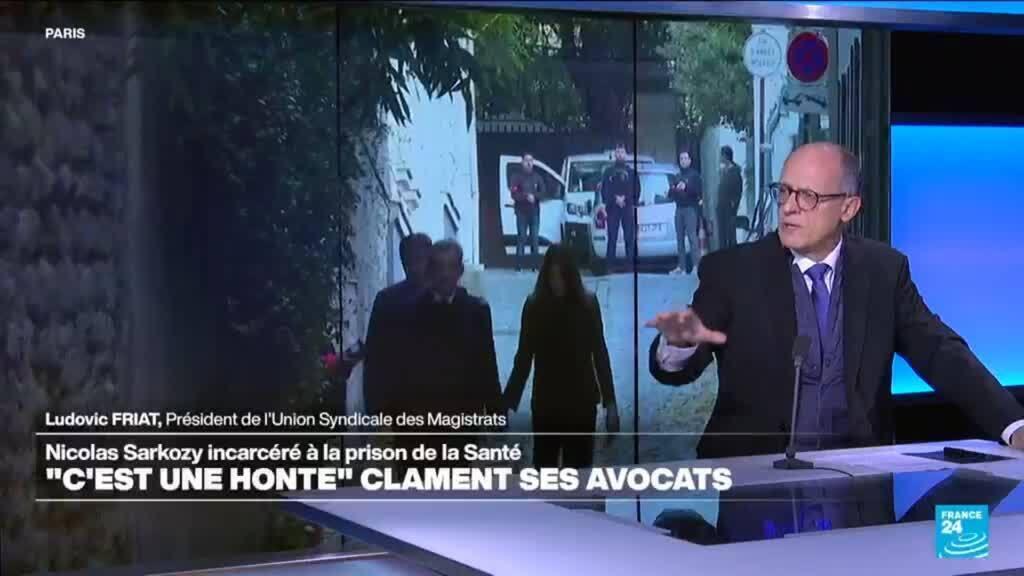Historic Incarceration of Nicolas Sarkozy Sparks Wave of Political Reactions
Nicolas Sarkozy becomes the first former French president to be incarcerated, eliciting significant national and international reactions, including from the French government and Sahel countries.
- • Nicolas Sarkozy is the first former French president to be incarcerated under the Fifth Republic.
- • Sarkozy maintains his innocence and has family support during his final freedom moments.
- • President Emmanuel Macron met Sarkozy prior to incarceration; government remains stable amid political censure attempts.
- • Reactions from Sahel countries highlight international significance.
- • Budgetary debates continue despite political turbulence, with a recent voting error repealing a tax on holdings.
Key details
Former French President Nicolas Sarkozy has been incarcerated, marking a historic first in the history of the French Fifth Republic. This unprecedented event, reported on October 21, 2025, signifies the first time a former president of France has been imprisoned, underscoring a profound moment in French legal and political history.
Sarkozy, who maintains his innocence, declared, "this is not an ex-President being imprisoned, but an innocent person," highlighting his continued rejection of the charges against him. His family showed solidarity during the days leading up to his incarceration, emphasizing the personal dimension of this political and judicial milestone.
The government, led by President Emmanuel Macron, has officially responded to Sarkozy's imprisonment. Notably, Macron met with Sarkozy at the Élysée Palace shortly before his incarceration, a meeting that signals the gravity of the moment within the highest political circles. Despite this upheaval, the current administration remains stable; Minister Sébastien Lecornu successfully survived initial motions of censure from opposition parties, enabling the continuation of critical budget debates, including a recent notable voting error that unintentionally repealed the tax on holdings in the 2026 budget proposal.
Internationally, reactions have also emerged, particularly from countries in the Sahel region. French correspondent Serge Daniel provided insights into these responses, reflecting the wider geopolitical implications of Sarkozy's legal situation given his historical ties and influence in the Sahel.
This event is set to reverberate through French politics, as it not only breaks legal precedents but also impacts ongoing governmental stability and international relations. Observers, including political figures like Éric Zemmour, who is preparing for the 2027 presidential race, will likely monitor these developments closely as the political landscape evolves.
This article was translated and synthesized from French sources, providing English-speaking readers with local perspectives.
Source articles (4)
Source comparison
Latest news
French Economy Minister Calls for Full Insurance Industry Mobilization Amid Devastating Storm Floods
France Boosts Social and Solidarity Economy with New Tools and Potential Tax Reforms in 2026
Saint-Nazaire Mayor Condemns Vandalism of Two Political Offices as Attack on Democracy
Severe Flooding Continues Across Southwest France Amid Ongoing Emergency Measures
Rise in Extreme Right-Wing Political Violence Shakes France Since 2022
2026 French Municipal Elections and Local Debates Reveal National Political Stakes
The top news stories in France
Delivered straight to your inbox each morning.


